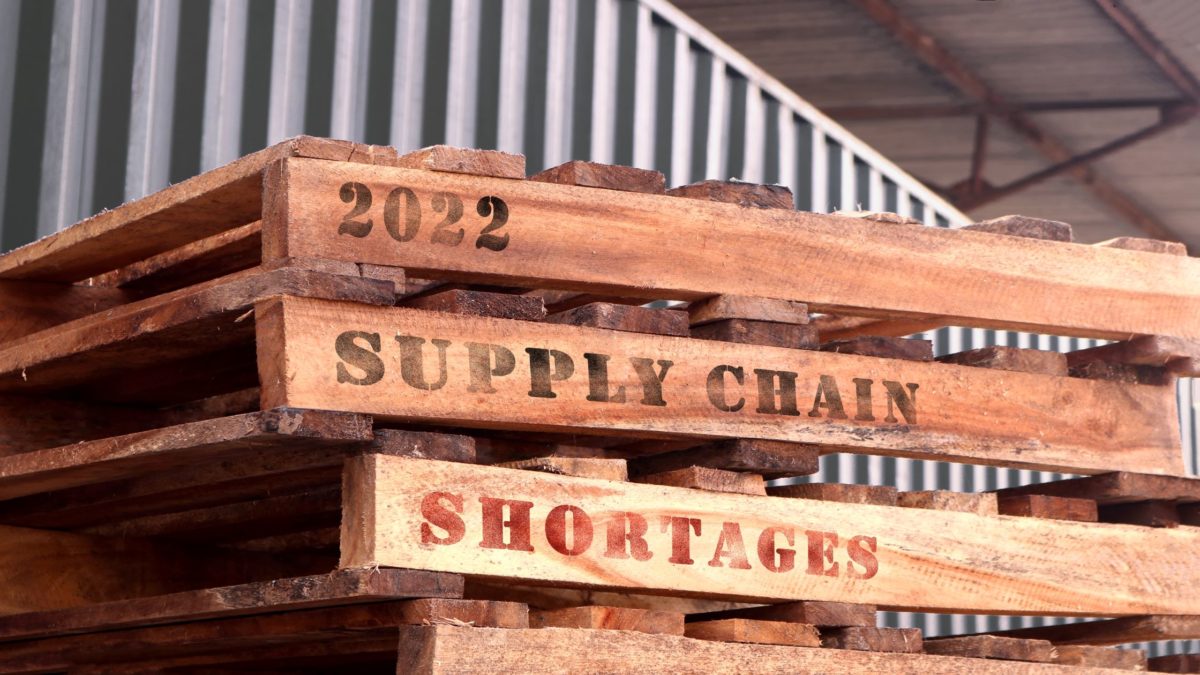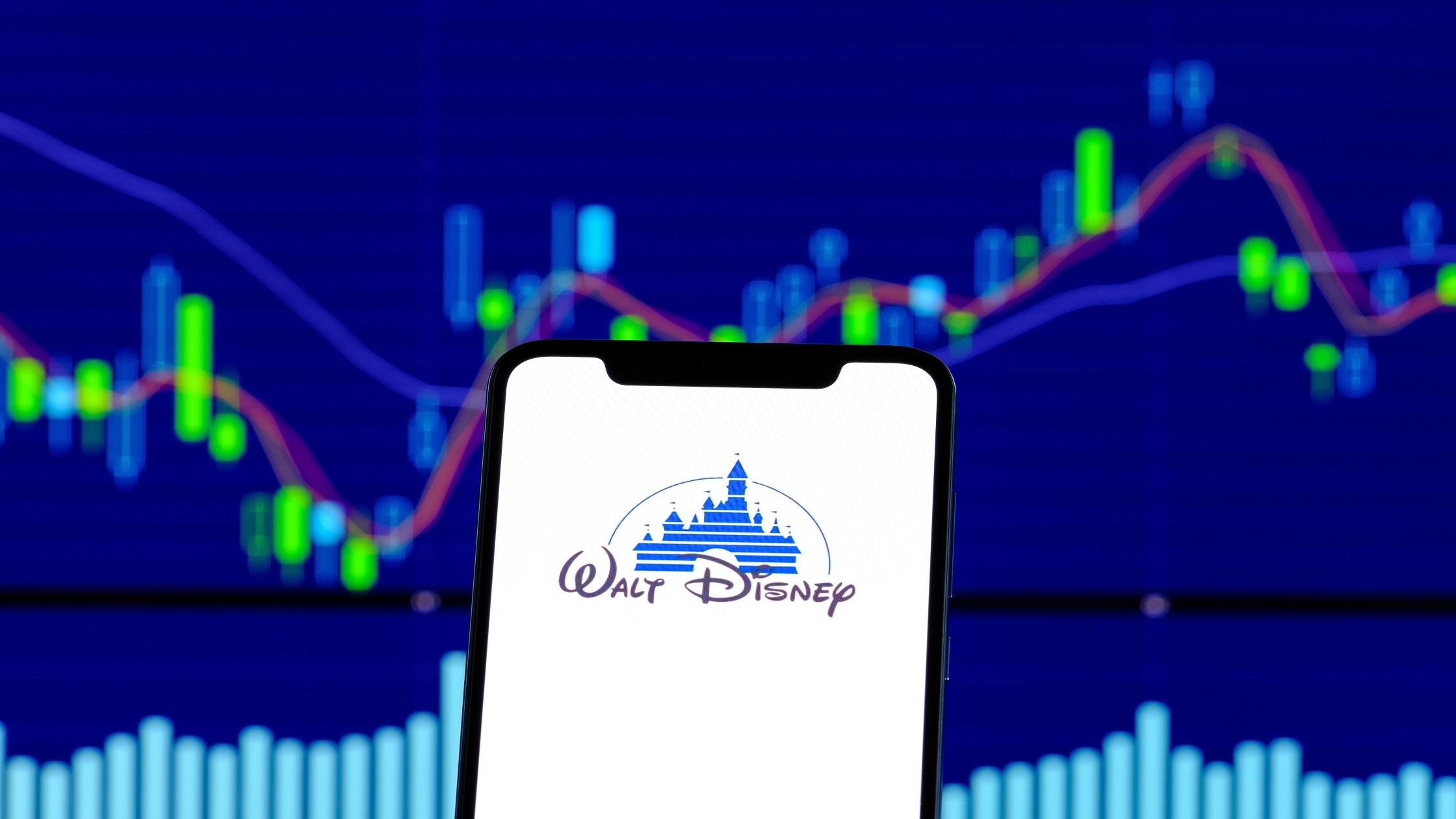In the wake of the Russian invasion of Ukraine, the US, UK, European Union (EU) and key partners have imposed a slew of economic and financial sanctions against Russia.
This includes actions against Russia’s energy and mining sectors, sanctions on large domestic financial institutions, including barring some of the banks from access to the financial messaging platform SWIFT.
What we have seen so far are the most far-reaching sanctions imposed on a major economic power since the end of the Cold War.
However, the actions taken against Russia will hurt the global supply chain. It’s already struggling and stressed because of the COVID-19 pandemic over the last two years.
On top of that, the war in Ukraine has already caused some flights to be cancelled or rerouted, putting additional pressure on cargo capacity.
To top it all of, soaring energy prices are also exerting upward pressure on shipping costs.
Complex supply chain industry will be affected
I think that companies with complex supply chains will bear the brunt of the worsening global supply chain shortages.
For example, Volkswagen AG (VOW:GR) said this week that shortages of parts would force it to slow production at its main factory in Wolfsburg and several other German plants, while BMW said it will curtail production at facilities in Germany, Austria and Britain.
This is as automakers will see shortages in some of the key materials. Russia and Ukraine are both substantial sources for palladium and platinum, which are used in catalytic converters.
Other key components include aluminium, steel and chrome. Semiconductor manufacturers will also be affected with the shortages of neon, xenon and palladium.
Even consumer sectors are not spared as makers of junk food such as potato chips or beauty products, such as cosmetics, could face shortages of sunflower oil (a key component) – where the majority of it is produced in Russia and Ukraine.
The prolonged conflict also threatens the wheat harvest in summer, which goes into bread, pasta and packaged food for most people in Europe, Africa and the Middle East.
Meanwhile, the shortage of energy will also affect production in Europe and China.
Europe, China and the UK are buyers of Russian oil and gas. All of them import significant portions of their energy needs from Russia as a proportion of the world’s supply.
One thing is certain, these disruptions represent unavoidable additional costs that will be absorbed by manufacturers somewhere in the supply chain and passed on to end consumers.
Russia and Ukraine’s exports as a percentage of the world’s total









